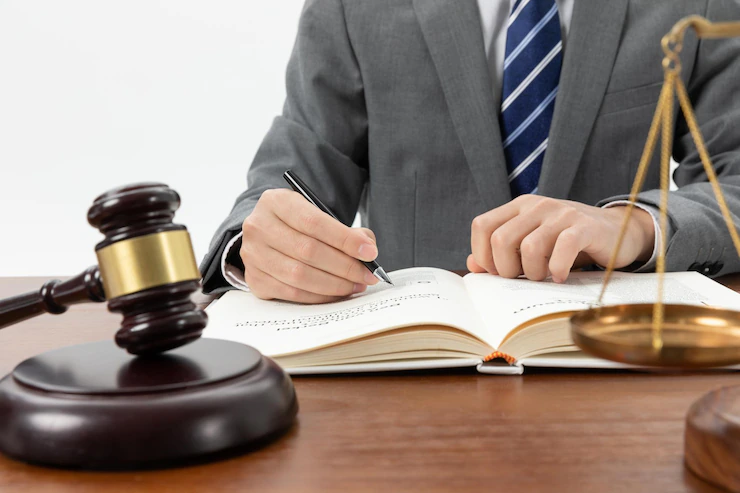In the world of legal proceedings, sometimes the verdict delivered by a court may not align with your expectations or interests. When this happens, individuals or organizations have the option to seek a reversal or modification of the decision through the appeals process. This is where appeal lawyers come into play. In this comprehensive guide, we will explore the role of appeal lawyers, their key responsibilities, and how they can be of immense assistance in navigating the intricate world of appeals.
Understanding The Basics Of Appeals
What Is An Appeal?
An appeal is a formal request made to a higher court to review and potentially change the decision of a lower court. It is not a retrial but rather an opportunity to ensure that legal procedures were followed correctly and that justice was served.
When Can You File an Appeal?
Appeals can be filed in a variety of legal cases, including civil, criminal, family, and administrative matters. It is crucial to consult an appeal lawyer to determine the viability of your case.
The Role Of Appeal Lawyers
Providing Legal Expertise
Appeal lawyers are legal professionals who specialize in the appeals process. They possess a deep understanding of appellate law and are well-versed in the intricacies of the legal system.
Case Evaluation
One of the primary responsibilities of an appeal lawyer is to evaluate your case thoroughly. They will review the trial record, identify potential errors, and assess the chances of success on appeal.
Preparing Appeals
Appeal lawyers are responsible for drafting persuasive appellate briefs that present a compelling argument for why the lower court’s decision should be overturned or modified.
Oral Arguments
In some cases, appeal lawyers may present oral arguments before the appellate court. This requires strong advocacy skills and a deep knowledge of the case.
Benefits Of Hiring An Appeal Lawyer
Expertise In Legal Strategy
Appeal lawyers are skilled in crafting effective legal strategies tailored to your specific case. They know how to navigate the complexities of the law to your advantae.
Read Also: Why It’s So Important To Hire A Lawyer After A Fatal Car Accident
Maximizing Chances Of Success
With their experience, appeal lawyers can identify potential weaknesses in the lower court’s decision and capitalize on them to strengthen your appeal.
Save Time And Stress
Appealing a court decision can be a time-consuming and emotionally taxing process. By hiring an appeal lawyer, you can focus on other aspects of your life while they handle the legal complexities.
Higher Success Rates
Statistics show that individuals who hire experienced appeal lawyers have a higher success rate in their appeals compared to those who represent themselves.
In the realm of legal matters, the services of appeal lawyers are invaluable. They bring a wealth of knowledge and expertise to the table, increasing your chances of a favorable outcome in the appeals process. When facing the daunting prospect of challenging a court decision, remember that appeal lawyers are your allies in the pursuit of justice.
Read Also:























